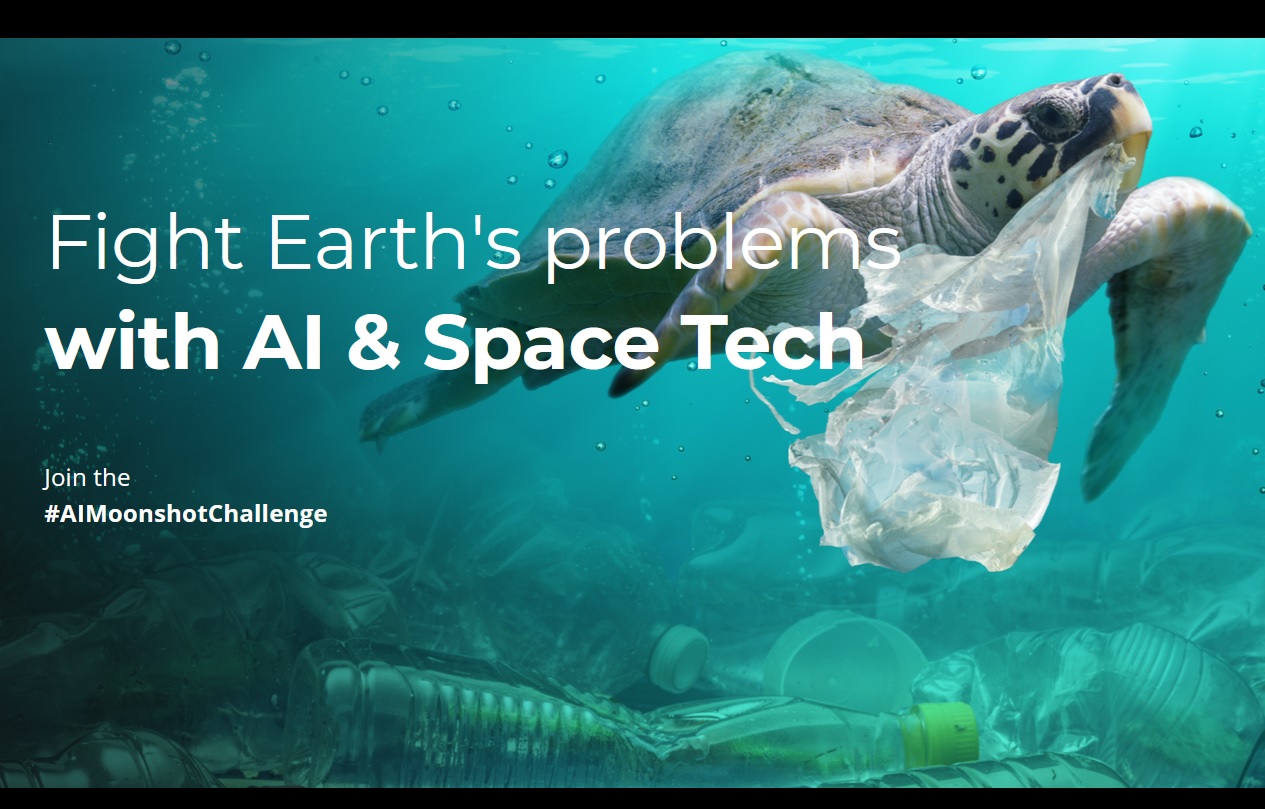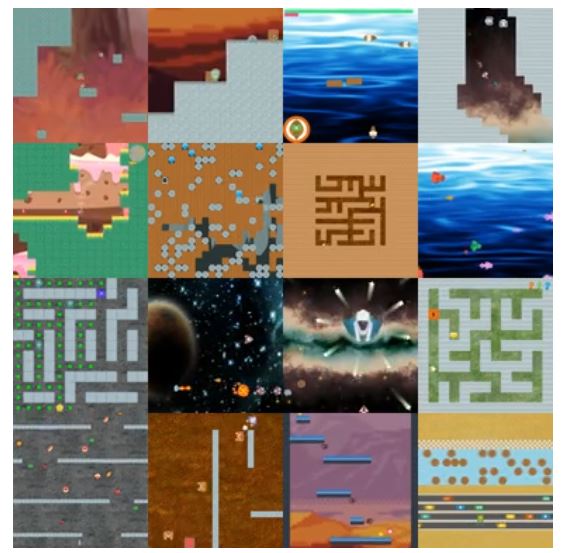Kategori: Uncategorized
Machine Learning Contests
Discover ongoing machine learning competitions/data science contests across Kaggle, DrivenData, AICrowd, and other platforms.
GIZ AI4D Africa Language Challenge – Round 2
URL: https://zindi.africa/competitions/ai4d-african-language-dataset-challenge
In recent times, pre-trained language models have led to significant improvement in various Natural Language Processing (NLP) tasks and transfer learning is rapidly changing the field. Transfer Learning is the process of training a model on a large-scale dataset and then using that pre-trained model to conduct learning for another downstream task (i.e. a target task like name entity recognition).
Among leading architectures for pre-training models for transfer learning in NLP, pre-trained models in African languages are barely represented mainly due to a lack of data. (However, there are some examples, for example this multilingual BERT that includes likes like Swahili and Yoruba.) While these architectures are freely available for use, most are data-hungry. The GPT-2 model, for instance, used millions, possibly billions of text to train. (ref)
This gap exists due to a lack of availability of data for African languages on the Internet. The languages selected for BERT pre-training “were chosen because they are the top languages with the largest Wikipedias”. (ref) Similarly, the 157 pre-trained language models made available by fastText were trained on Wikipedia and Common Crawl. (ref)
Therefore, this challenge’s objective is the creation, curation and collation of good quality African language datasets for a specific NLP task. This task-specific NLP dataset will serve as the downstream task we can evaluate future language models on.
This challenge is sponsored by GIZ and is hosted in partnership with the Artificial Intelligence for Development Africa(AI4D-Africa) Network.
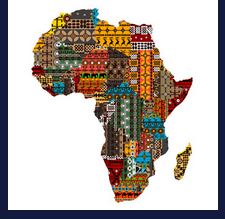
CYD Campus Aircraft Localization Competition
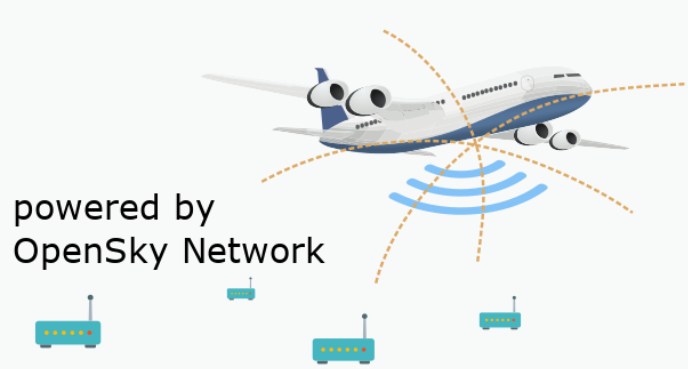
URL: https://www.aicrowd.com/challenges/cyd-campus-aircraft-localization-competition
This competition is about finding the best methods to localize aircraft based on crowdsourced air traffic control communication data. The data is collected by the OpenSky Network, a large-scale ADS-B sensor network for research and organised by the Swiss Cyber-Defence Campus of armasuisse Science and Technology.
Moonshot Challenge
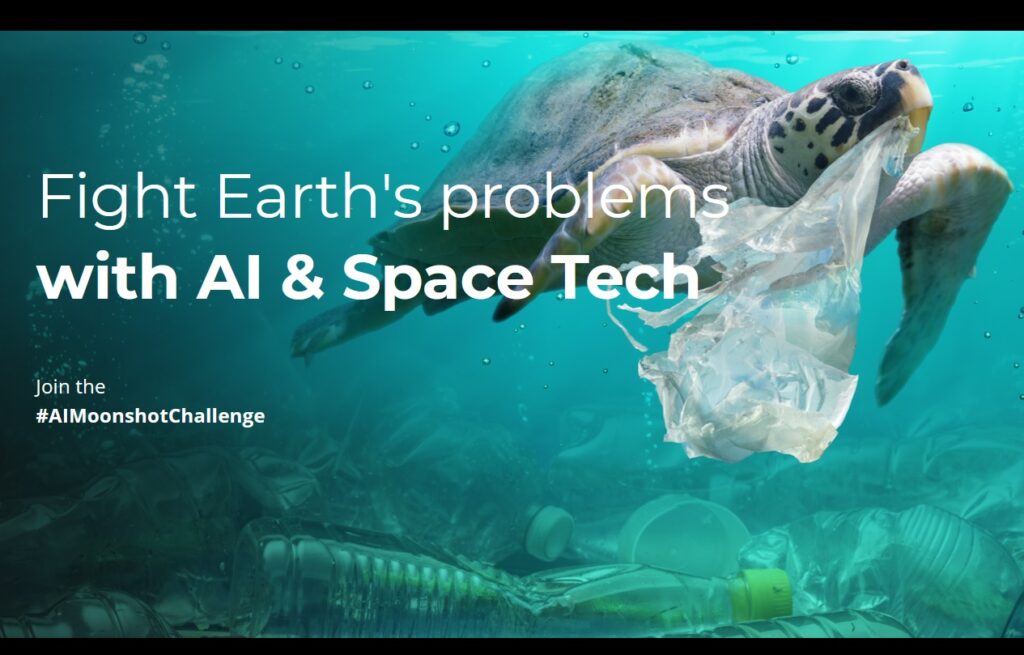
URL: Fight Earth’s problems with AI & Space Tech
COVID-19 ANNOUNCEMENT
The AI Moonshot Challenge is based on ambition and curiosity, aiming to leverage the unique capabilities of the AI community using satellite data to accelerate innovation in crucial areas for the future of our planet – starting with marine litter pollution.
We believe that now – more than ever – is the time to face global challenges and to develop answers that will benefit us all in the future. The challenges that we are facing right now validate and strengthen even more our commitment to this project and we’re redefining our strategy to take into account the restrictions imposed by the worldwide COVID-19 pandemic.
The safety and health of our collaborators and participants are above everything else.
We will keep you informed of any developments.
Expect to hear from the AI Moonshot Team soon.
THE CHALLENGE
The global competition to detect, locate and monitor maritime waste on a planetary scale.
Fifty years after landing on the moon, we’re calling a new challenge — this time back home. Our oceans are drowning in waste.
Marine Litter Pollution is an urgent problem we are far from solving and only starting to understand. More than 8 million tons of plastic end up in the ocean every year and most of it is unaccounted for.
At the same time, massive amounts of satellite data are being generated worldwide providing opportunities to improve health, economy and environment when leveraged with powerful tools such as Artificial Inteligence.
Competition: Procgen and MineRL
AIcrowd BLITZ May 2020
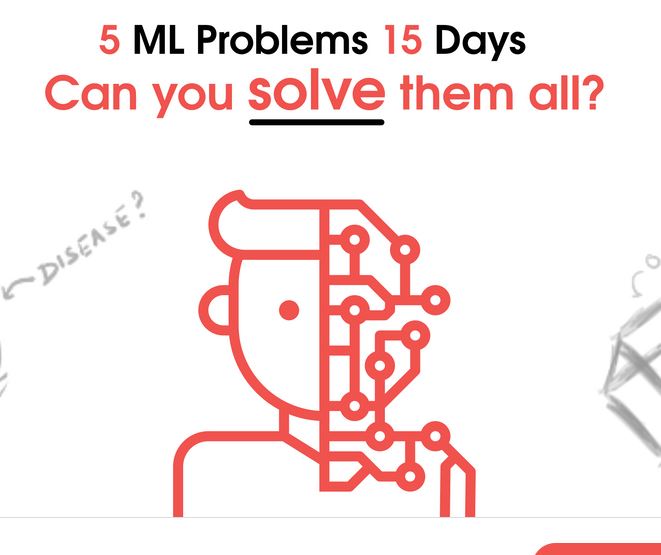
AIcrowd challenge: https://www.aicrowd.com/challenges/aicrowd-blitz-may-2020
AIcrowd: Food Recognition Challenge
Link: https://www.aicrowd.com/challenges/food-recognition-challenge
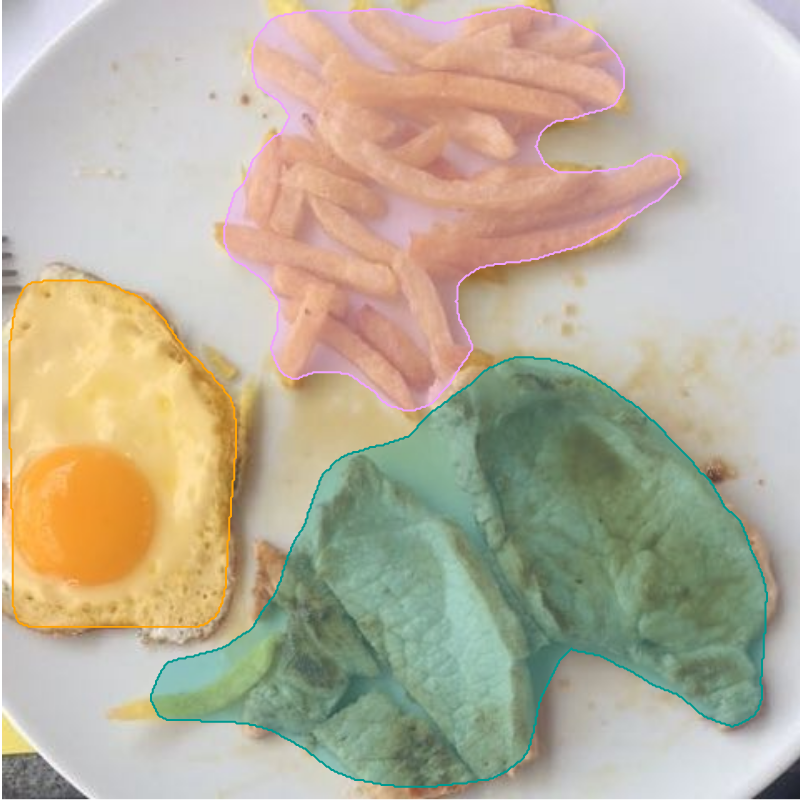
Overview
Recognizing food from images is an extremely useful tool for a variety of use cases. In particular, it would allow people to track their food intake by simply taking a picture of what they consume. Food tracking can be of personal interest, and can often be of medical relevance as well. Medical studies have for some time been interested in the food intake of study participants, but had to rely on food frequency questionnaires that are known to be imprecise.
Image-based food recognition has in the past few years made substantial progress thanks to advances in deep learning. But food recognition remains a difficult problem for a variety of reasons.
Problem Statement
The goal of this challenge is to train models which can look at images of food items and detect the individual food items present in them. We use a novel dataset of food images collected through the MyFoodRepo app where numerous volunteer Swiss users provide images of their daily food intake in the context of a digital cohort called Food & You. This growing data set has been annotated – or automatic annotations have been verified – with respect to segmentation, classification (mapping the individual food items onto an ontology of Swiss Food items), and weight / volume estimation.
This is an evolving dataset, where we will release more data as the dataset grows over time.
WeatherBench: A benchmark dataset for data-driven weather forecasting
Snake Species Identification Challenge
URL: https://www.aicrowd.com/challenges/snake-species-identification-challenge
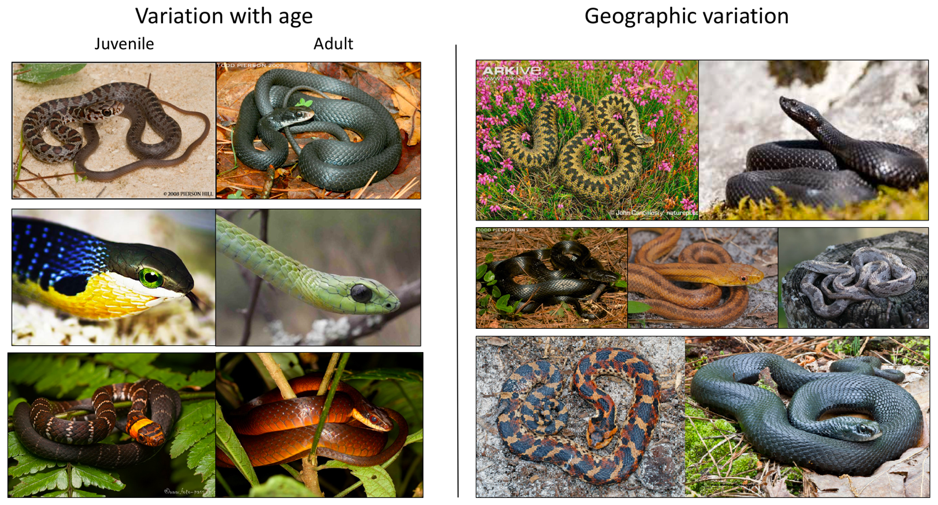
Snakebite is the most deadly neglected tropical disease (NTD), being responsible for a dramatic humanitarian crisis in global health
Snakebite causes over 100,000 human deaths and 400,000 victims of disability and disfigurement globally every year. It affects poor and rural communities in developing countries, which host the highest venomous snake diversity and the highest burden of snakebite due to limited medical expertise and access to antivenoms
Antivenoms can be life‐saving when correctly administered but this depends first on the correct taxonomic identification (i.e. family, genus, species) of the biting snake. Snake identification is challenging due to:
- their high diversity
- the incomplete or misleading information provided by snakebite victims
- the lack of knowledge or resources in herpetology that healthcare professionals have
In this challenge we want to explore how Machine Learning can help with snake identification, in order to potentially reduce erroneous and delayed healthcare actions.
